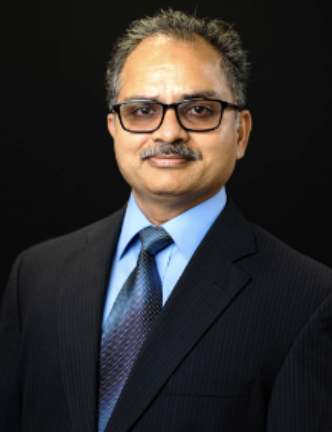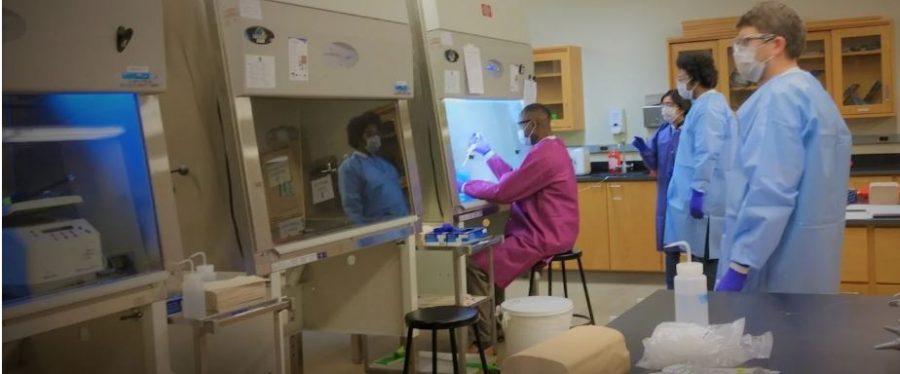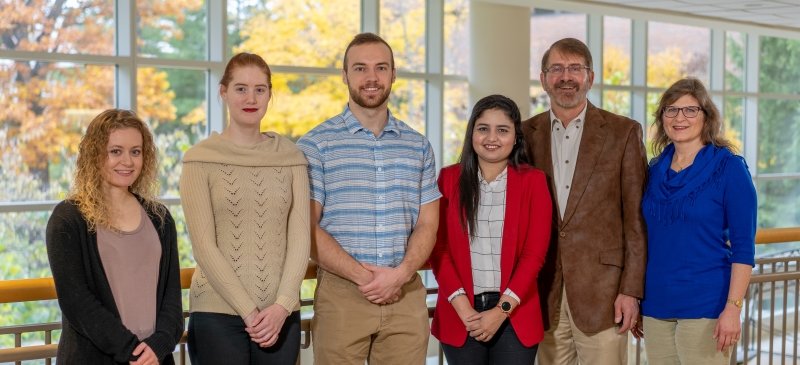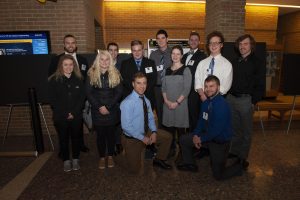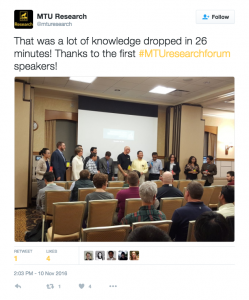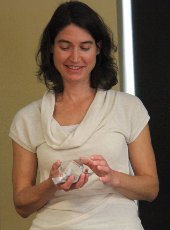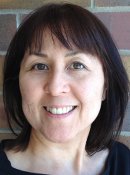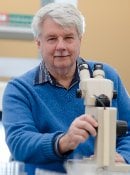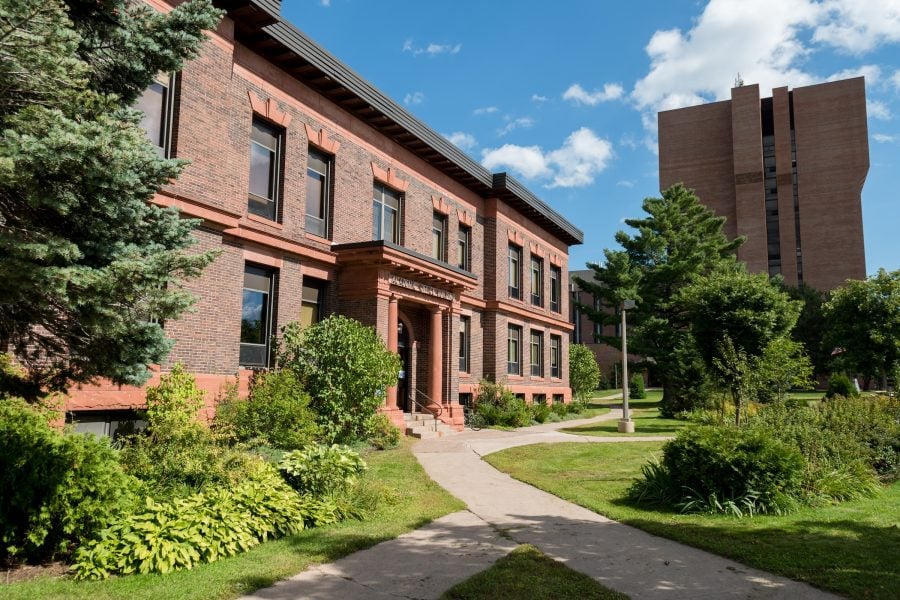
Kathy Halvorsen and Quiying Sha have been honored for their substantial contributions to teaching, research, and service and are among seven professors recognized through Michigan Tech’s Distinguished and University Professorships. They represent a small percentage of faculty recognized with these awards by the Office of the Provost and Senior Vice President for Academic Affairs.
University Professors represent no more than two percent of the total number of tenured and tenure-track faculty at Michigan Tech. Since its inception in 2020, four of the seven University Professors have hailed from the College of Sciences and Arts, including three from the Department of Physics. Halvorsen is the first recipient from the Department of Social Sciences.
Distinguished Professors represent no more than 10 percent of the number of tenured and tenure-track faculty in a specific college or school. Since its inception in 2018, four of the 11 Distinguished Professors have been chosen from the College of Sciences and Arts. Sha is the first recipient from the Department of Mathematical Sciences.
